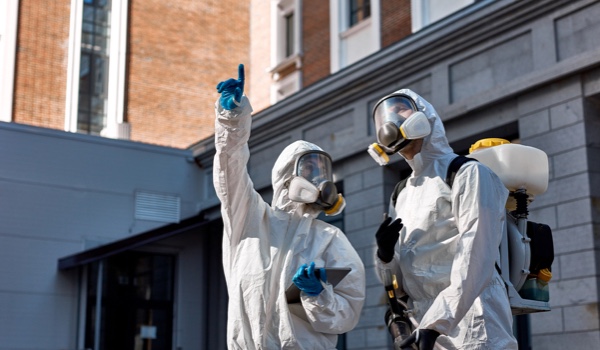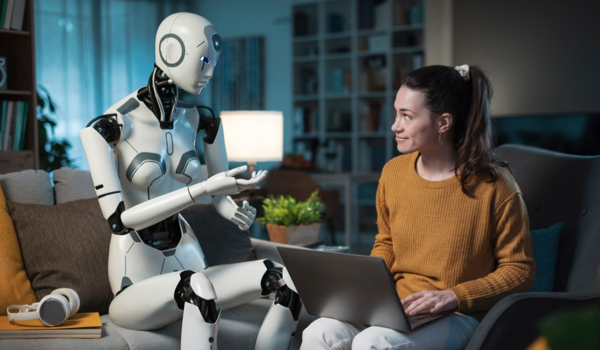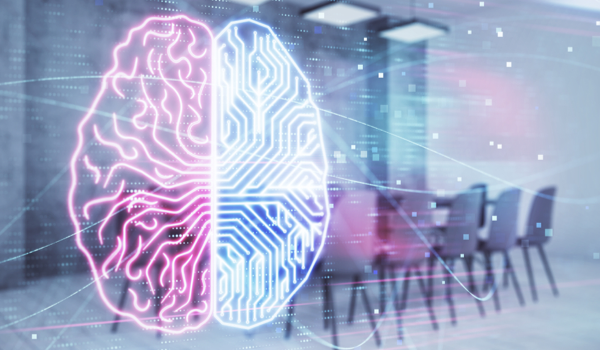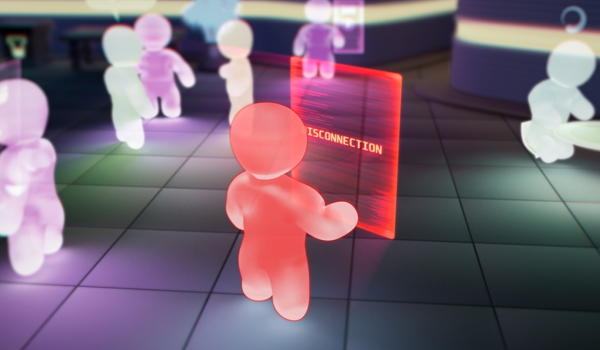


BOSTON - If a cyberattack upended the global economy, effectively shut down major cities like New York, and put millions of lives at risk, governments and institutions worldwide would undoubtedly respond by investing heavily in defensive capabilities. They would beef up their cybersecurity, install new safeguards, and collect data and intelligence on future threats - just as many already do in response to acts of cyber warfare.
When it comes to the equally disruptive COVID-19 pandemic, however, the response has been far less decisive. As new variants ravage the health and economic security of the world’s population, biosecurity measures - the early warning and monitoring technologies meant to prevent the spread of infectious diseases - are still not as layered, pervasive, or formidable as the cybersecurity systems the world uses to contain and mitigate the activities of computer hackers.
However, as COVID-19 continues to make clear, public health and biosecurity are vital for national security. Biological viruses, much like computerized ones, attack living systems. They are ubiquitous, and although one may not always be able to escape them, one can still study them and learn how to defend oneself. New biotechnologies are analogous to software patches that protect against cyberattacks. The messenger RNA (mRNA) COVID-19 vaccines are a case in point. The scientists who developed them programmed cells to produce ‘good’ code, giving people’s bodies instructions for neutralizing the virus’s ‘bad’ code.
COVID-19 vaccines demonstrate biotech’s potential to save lives, but vaccines are only one part of humanity’s defense against future pandemics. The world has the tools to predict the next pandemic and turn the tide on various health threats to individuals and communities. In this new era of public-health technology, the world needs to leverage and build a biosecurity infrastructure that mirrors countries’ approach to cybersecurit
The content herein is subject to copyright by Project Syndicate. All rights reserved. The content of the services is owned or licensed to The Yuan. The copying or storing of any content for anything other than personal use is expressly prohibited without prior written permission from The Yuan, or the copyright holder identified in the copyright notice contained in the content. Continue with Linkedin
Continue with Linkedin
 Continue with Google
Continue with Google







 1248 views
1248 views










